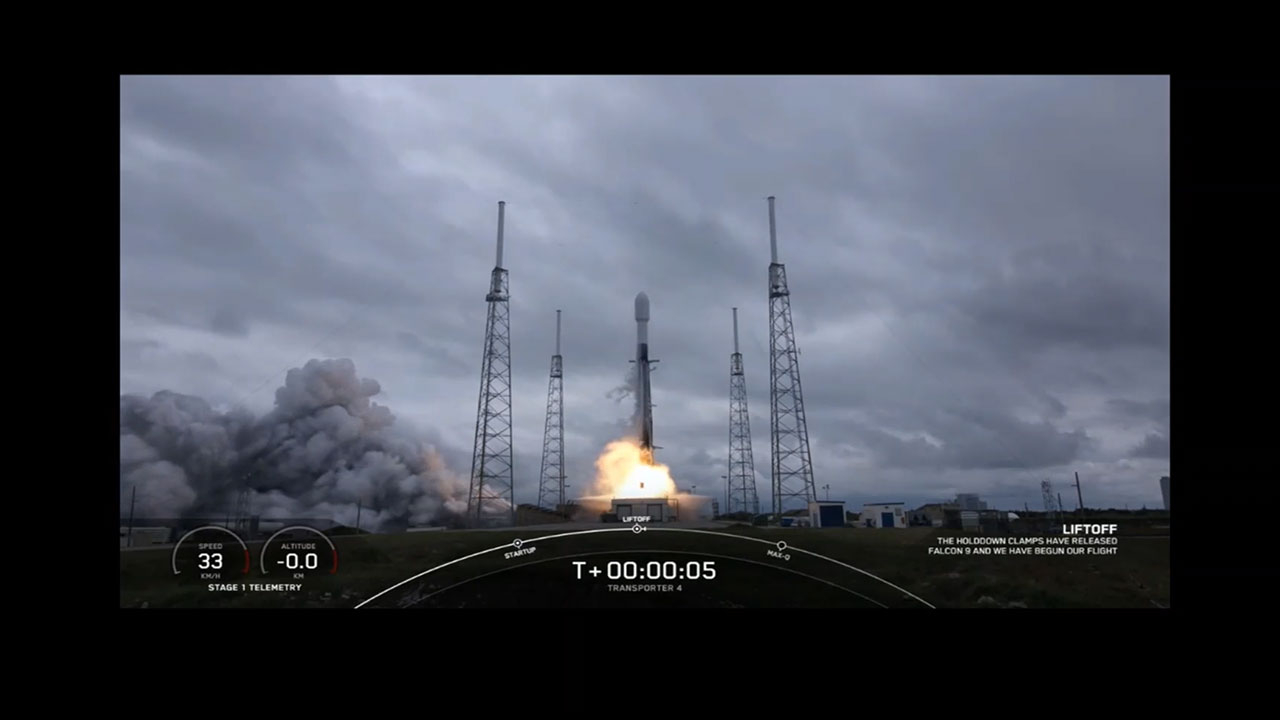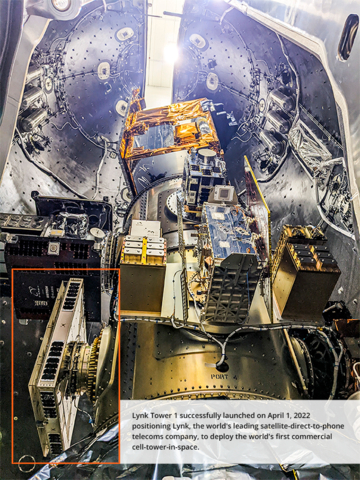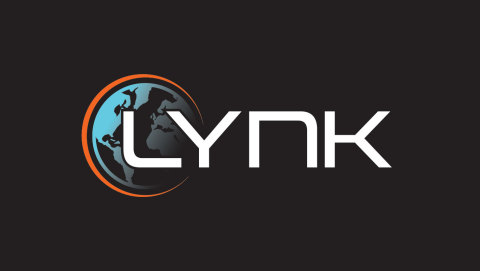FALLS CHURCH, Va.--(BUSINESS WIRE)--Lynk Global, Inc. (Lynk), the world’s leading satellite-direct-to-phone telecoms company, today announced the successful launch, deployment, and initial on-orbit check-out of Lynk Tower 1. The spacecraft is the company’s sixth ‘cell-tower-in-space’ satellite and is now in position to become the world’s first commercial cell-tower-in-space. Lynk Tower 1 is the first satellite covered by Lynk’s application to the Federal Communications Commission (FCC) for a global commercial license to operate a satellite direct-to-standard-phone service.
“With the launch of Lynk Tower 1, Lynk is positioned to begin commercial service later this year and provides the world’s first true satellite-direct-to-phone service to citizens across the globe,” said Charles Miller, CEO and co-founder of Lynk. “For our flagship carrier partners, today’s news means that we are only months away from helping them solve the world’s ‘0G Problem’ and enabling their subscribers to connect everywhere.”
The technology in Lynk Tower 1 is an upgrade of Lynk’s fifth satellite, which connected to thousands of unique devices in the Fall of 2021, including smartphones, feature phones, and myriad cellular IoT devices such as cars, trucks, iPads, and John Deere tractors. Lynk Tower 1 was designed and constructed at Lynk’s Falls Church, Virginia facilities. It incorporates significant improvements in power systems, reaction wheels, star trackers, Ka-band radios, and upgrades to Lynk’s cell tower base station software stack. These improvements derive from Lynk’s previous five test flights and are the result of the company’s in-house ‘rapid-do-learn-loop’ satellite development process.
“Most companies take years to design and test new spacecraft concepts. Lynk’s spacecraft development process leverages a rapid-do-learn-loop strategy where we quickly iterate and fly new spacecraft technologies several times a year. We learned a ton from our fifth satellite in late 2021. Those lessons have already been implemented in our sixth satellite,” stated Tyghe Speidel, CTO and co-founder of Lynk. “Many told us this was impossible. It’s not. This technology is now very real, with three more satellites launching in the next six months as we roll out initial commercial services.”
Today, only 10% of the world’s surface is covered by terrestrial mobile connectivity. This means that 90% of the planet is in “coverage black spots,” otherwise known as “0G”. Over three billion people per year with a mobile phone experience extended periods of disconnectivity. Another billion people per year refuse to buy their first phone because they don’t have mobile coverage where they live and work. 0G is a problem for four billion people.
The launch of the world’s first commercial cell-tower-in-space enables Lynk to begin solving the world’s “0G Problem.” Lynk Towers 2, 3, and 4 are already under construction and will also be launched in 2022. Lynk Towers 1-4 will allow millions of mobile phone owners to connect to a satellite using a commercial service provided by their mobile network operator (MNO). Lynk has signed nine contracts with MNOs to date and plans to begin global commercial service in 2022 with a dozen flagship operators.
About Lynk
In 2022, Lynk will provide the world’s first commercial satellite-direct-to-mobile-phone service, enabling affordable, reliable mobile phone connectivity to everyone, everywhere across the globe. Founded in 2017 by veteran space and telecoms leaders, the Lynk team invented, patented, and proved that a satellite could serve as a “cell tower in space” and connect directly to a standard mobile phone on Earth – a technological feat verified by independent third parties. Today, Lynk is the only company in the world to have successfully sent text messages to and from space via unmodified mobile devices. By partnering with Lynk via a simple roaming agreement, a mobile network operator opens the door to untapped markets, gives subscribers peace of mind with ubiquitous connectivity, and provides a pathway to economic prosperity for billions of the world’s citizens. For more information, visit www.lynk.world.




